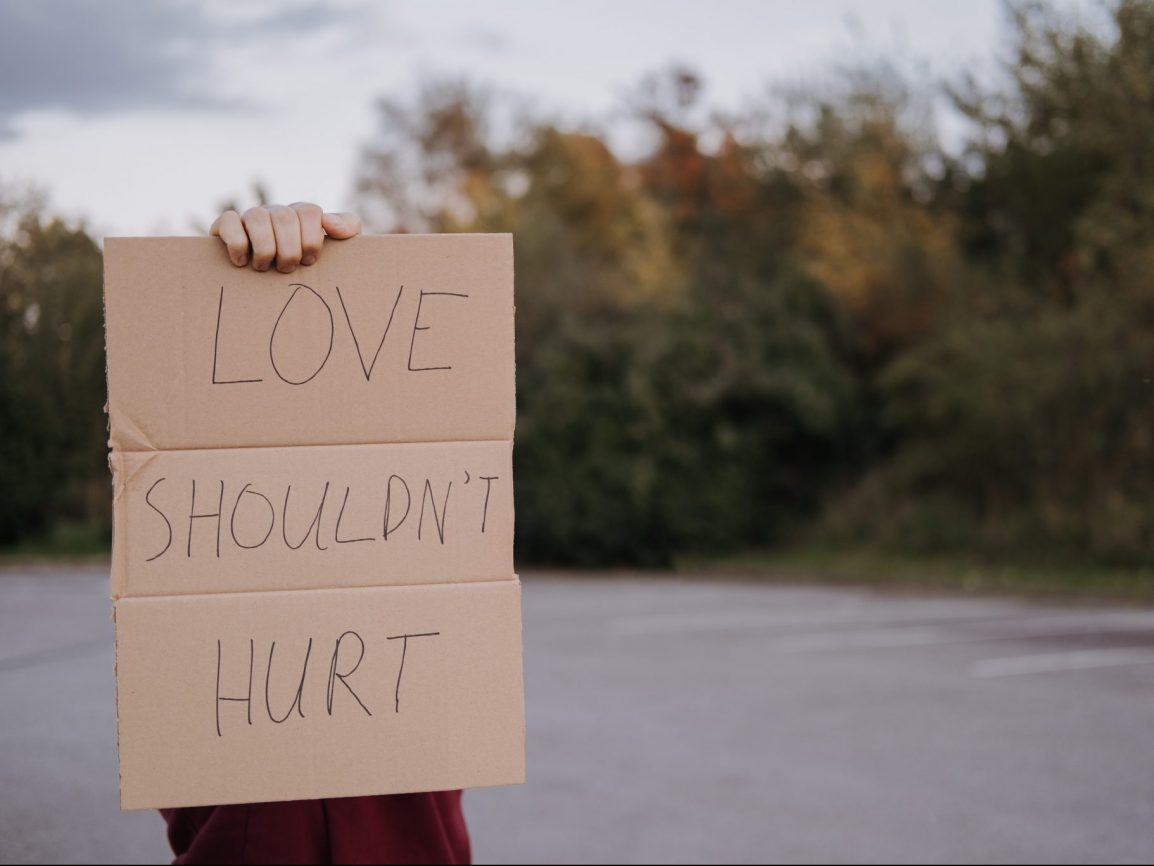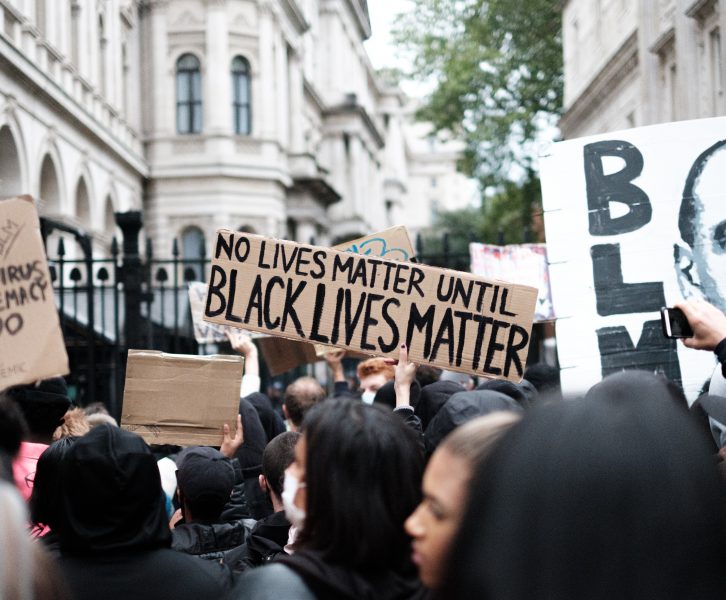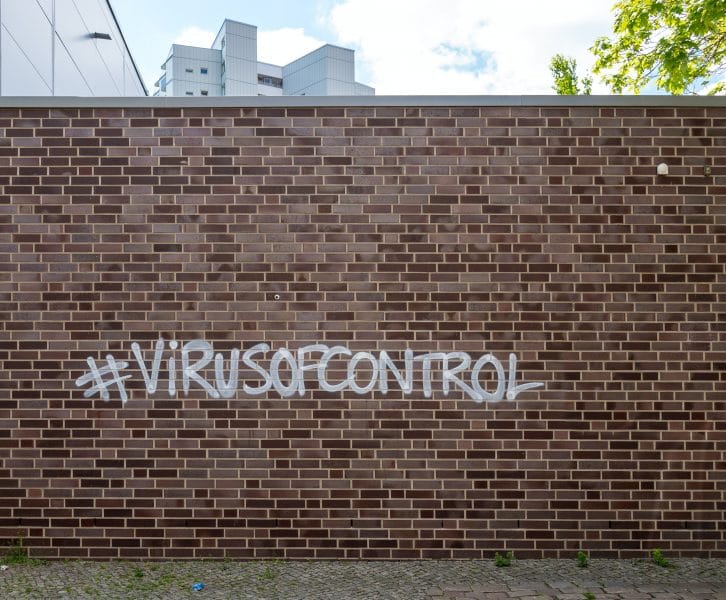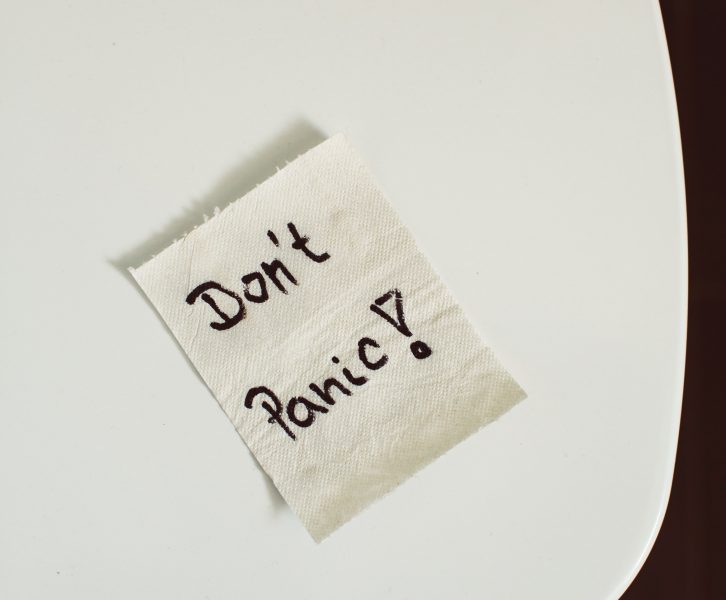We begin to form relationships from the moment we enter the world. As time goes on, those family bonds, platonic friendships, romantic connections, and intimate relationships begin to take up a considerable part of the brain. It is important for teenagers to understand and look out for the abuse that can take place within those relationships, even outside of your immediate family.
Also known as “teen dating violence,” this form of domestic abuse is often overlooked. Many of its components are often rationalized as “normal” and never spoken about with family or friends due to of fear. Despite being difficult to talk about, it is very common.
How to Identify Abuse
According to the CDC, teen dating violence includes four definite types of behavior:
- Physical violence: When a person hurts or tries to hurt you with their body or by using another physical force.
- Sexual violence: Forcing or trying to force a partner into anything sexual (intercourse, a sex act, sexual touching, sexting) without the partner’s consent. As mentioned here https://hernandez-hamilton.
com/sex-offenses/, these are sometimes treated as more serious crimes, even above murder.
- Psychological aggression: The use of verbal and non-verbal communication with the intent to mentally and/or emotionally harm another person. This includes gaslighting, manipulation, or any attempt to exert control over the other person
- Stalking: This includes any repeated pattern of unwanted attention that causes fear or concern in the person of interest.
How to Identify Unhealthy Relationships
There are times when relationships that started out great can sour, and it’s important to be able to recognize signs of unhealthy relationships even when they’re not obvious.
Signs of Unhealthy Relationships
- Putting one person above the other (neglecting yourself or your partner)
- Pressuring the other person into agreeing with you (and vice versa)
- Feeling pressured to change who you are or the way you respond to things
- Lack of privacy
- Obligation to perform sexual acts
- Refusal to use safer sex methods
- Yelling or physical violence during an argument
- Attempts to control or manipulate each other and the partner’s other relationships
- No common friends, lack of respect for family
Features of Healthy Relationships
- Taking care of yourself and having good self-esteem independent of your relationship
- Having activities that don’t involve each other
- Maintaining respect for each other’s individuality, friends, and family
- Ability to express yourselves without fear of consequences
- Trusting each other and being honest with each other
- Having respect for sexual boundaries
- Accepting influence
- Resolving conflict fairly
When do I need to get help?
If you are finding the signs mentioned above in your life, you are in an unhealthy relationship. In this situation, you need to consider getting help and ending the relationship. Even if you believe that this person loves you or cares about you, it does not make up for the harm they cause you.
Other circumstances include:
- You are unhappy in a relationship but cannot decide if you should accept it, fix it, or end it.
- When you have decided to leave the relationship but find yourself still in it.
- You are trying to stay in the relationship for the wrong reasons, due to fear or guilt.
- If you have stayed in unhealthy relationships in the past.
How to Get Out of an Abusive/Unhealthy Relationship
From YWCA Teen Dating Violence Prevention Article and loveisrespect.org
- Tell a trusted adult (like a parent, friend’s parents, a teacher, or a counselor). The less you are able to share, the more control your partner has.
- Document abuse. Keep a journal of your experiences and include how they made you feel. This will allow you to see red flags more quickly. Record statements made by your abuser with times and dates, and if the abuse is physical, take pictures of injuries.
- Digital abuse is abuse. Print records of emails or screenshots of conversations.
- Avoid being alone with your partner and ask friends to stick closely to you at parties.
- Be prepared for your partner to attempt to try and talk you into getting back together. Have a plan for what you will do if they become abusive.
- Physical assault, rape, stalking, and harassment are crimes. Contact authorities to report incidents or threats of abuse.
The Birmingham Crisis Center’s Rape Response is 24-hour hotline service: 205-323-7273
The Crisis Center is specially trained to handle sexual assault cases in person. Calling the hotline will allow staff to assess needs and referrals.
How to Help a Friend in an Abusive/Unhealthy Relationship
- Don’t ignore what you see, and give your friend the space to come to you. Make room to be supportive and judgmental.
- Point out your friend’s strengths and reinforce their sense of self-esteem. Many people in abusive relationships are no longer able to see their own abilities and gifts.
- Encourage them to seek the help of a trusted adult. It’s important for them to make this decision and take this action themselves, but if the situation worsens, it is the okay to seek help yourself. Go with them if they need your support in that conversation.
- Never put yourself in a dangerous situation with the abuser. You do not need to be a mediator.
- If you witness an assault, contact authorities.
Important Reminders
Abuse is never your fault. You do not deserve to be treated badly or be on the receiving end of emotional manipulation. You do not deserve to be violated, regardless of the events leading up to the incident.
Remember that you do not have to be in a romantic relationship with your abuser for their words and actions to be abuse. Someone that you may think of as a platonic friend can also be abusive in the same patterns listed above. You do not deserve to be treated badly by your friends.
When it comes to moving on and healing, it is important to be patient with yourself. Your trauma can live with you long past your experience, and it can manifest in different ways. For some, the struggle with upsetting emotions, unpleasant memories, or a sense of constant danger that won’t go away may define their experience. Others may struggle with numbness, isolation, and the inability to connect with or trust others. Regardless of what you are struggling with, there are people who love you and care about you. Counseling, therapy, and/or domestic abuse support groups can help you process your trauma and learn how to build new and healthy connections.
Sources & Resources
https://www.cdc.gov/violenceprevention/intimatepartnerviolence/teendatingviolence/fastfact.html
https://www.ywcabham.org/teen-dating-violence-prevention
https://www.loveisrespect.org/resources/documenting-abuse/
https://www.helpguide.org/articles/abuse/getting-out-of-an-abusive-relationship.htm







